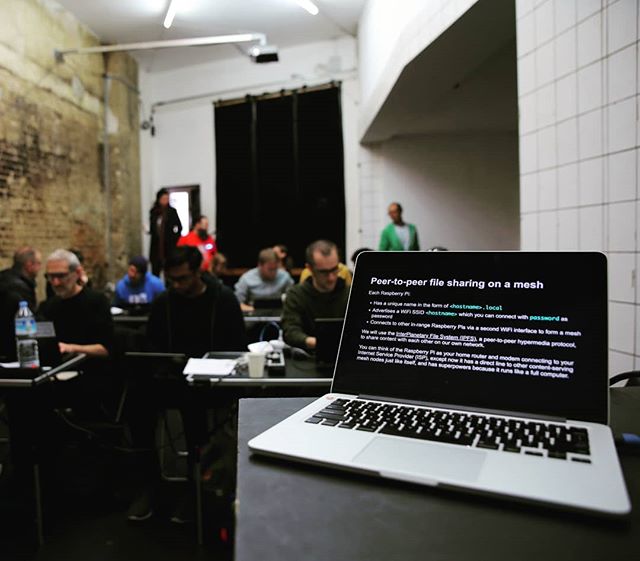Squeaky Wheel Film & Media Art Center is an artist-run, non-profit, media arts center based in Buffalo, New York. Founded in 1985, the organization provides the Western New York region with low-cost media equipment rentals, media arts education for youth and adults, residencies for artists and researchers, and exhibitions, screenings, and other public programming. [1]
Squeaky Wheel Film & Media Art Center has a mission to continue a legacy of innovation in media arts through access, education, and exhibition. We envision a community that uses electronic media and film to celebrate freedom of expression and diversity of voice.
Established in 1985, Squeaky Wheel Film & Media Art Center is the only organization in Western NY to offer education, equipment access, and exhibition programming dedicated to exploring film & digital media arts. Squeaky Wheel’s reputation in the media arts field continues to grow nationally and internationally. We have won awards for Best Workshops of Any Kind (2010); Best Curation (2012); Best Youth Workshops (2013) from regional publication, Buffalo Spree Magazine of Western New York. In 2014, the Arts Services Initiative of Western New York nominated Squeaky Wheel “Cultural Organization of the Year”. [2]
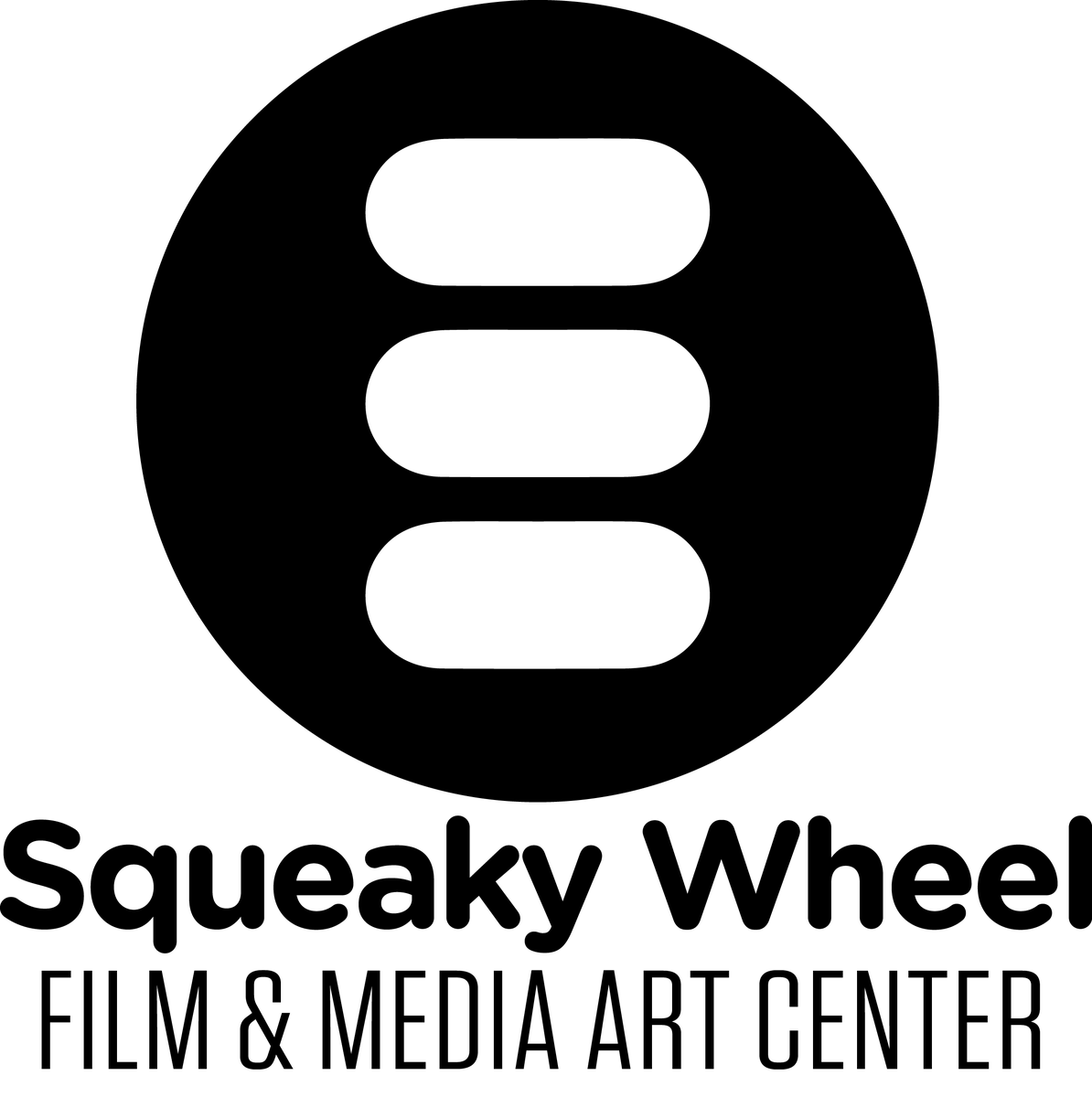
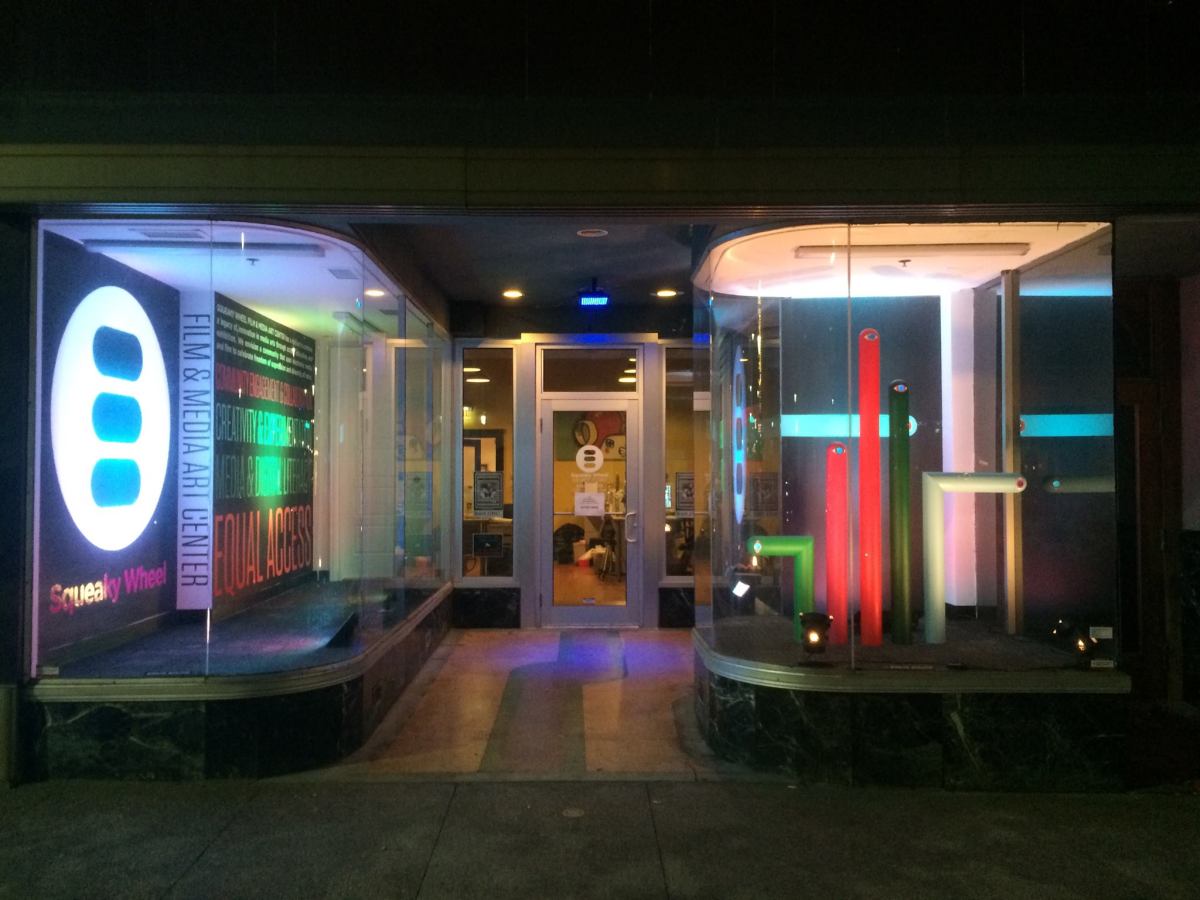


.jpg)
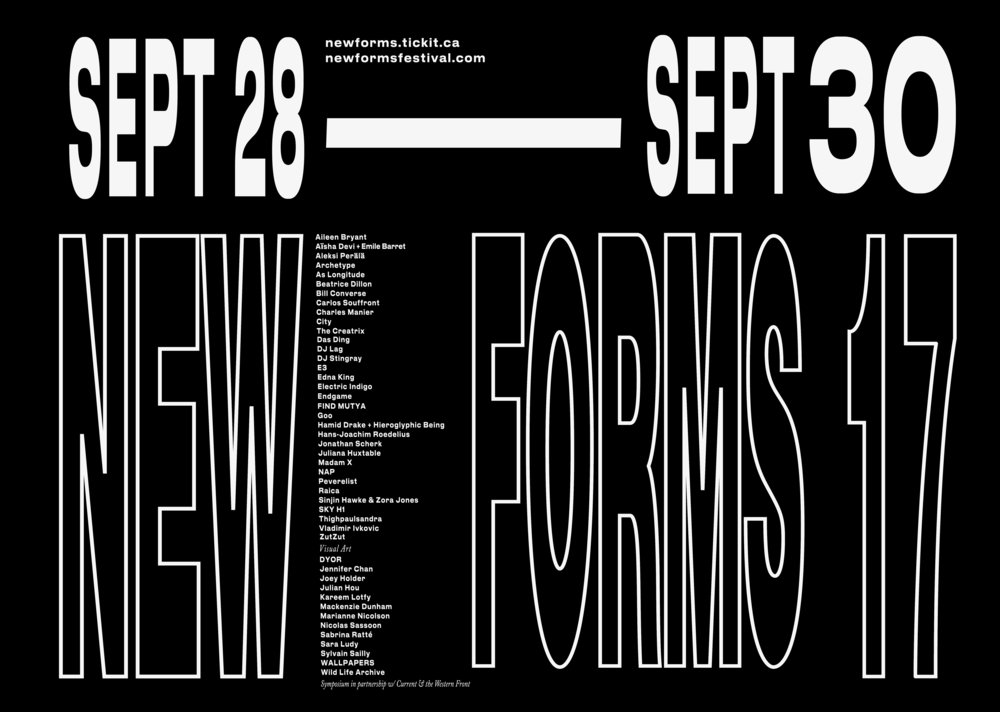
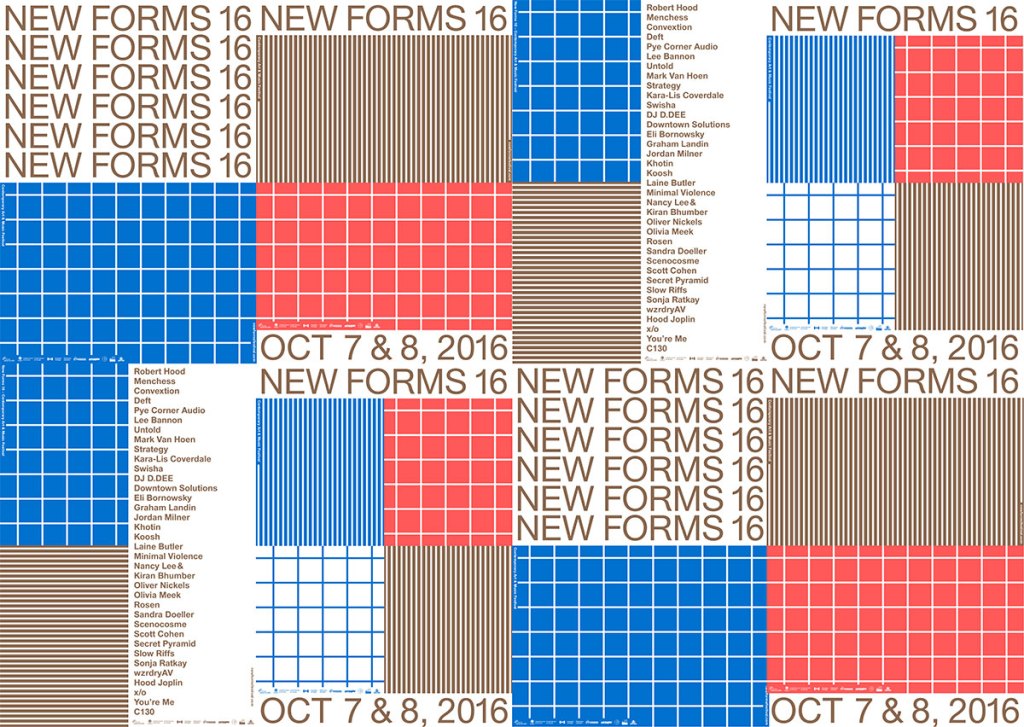
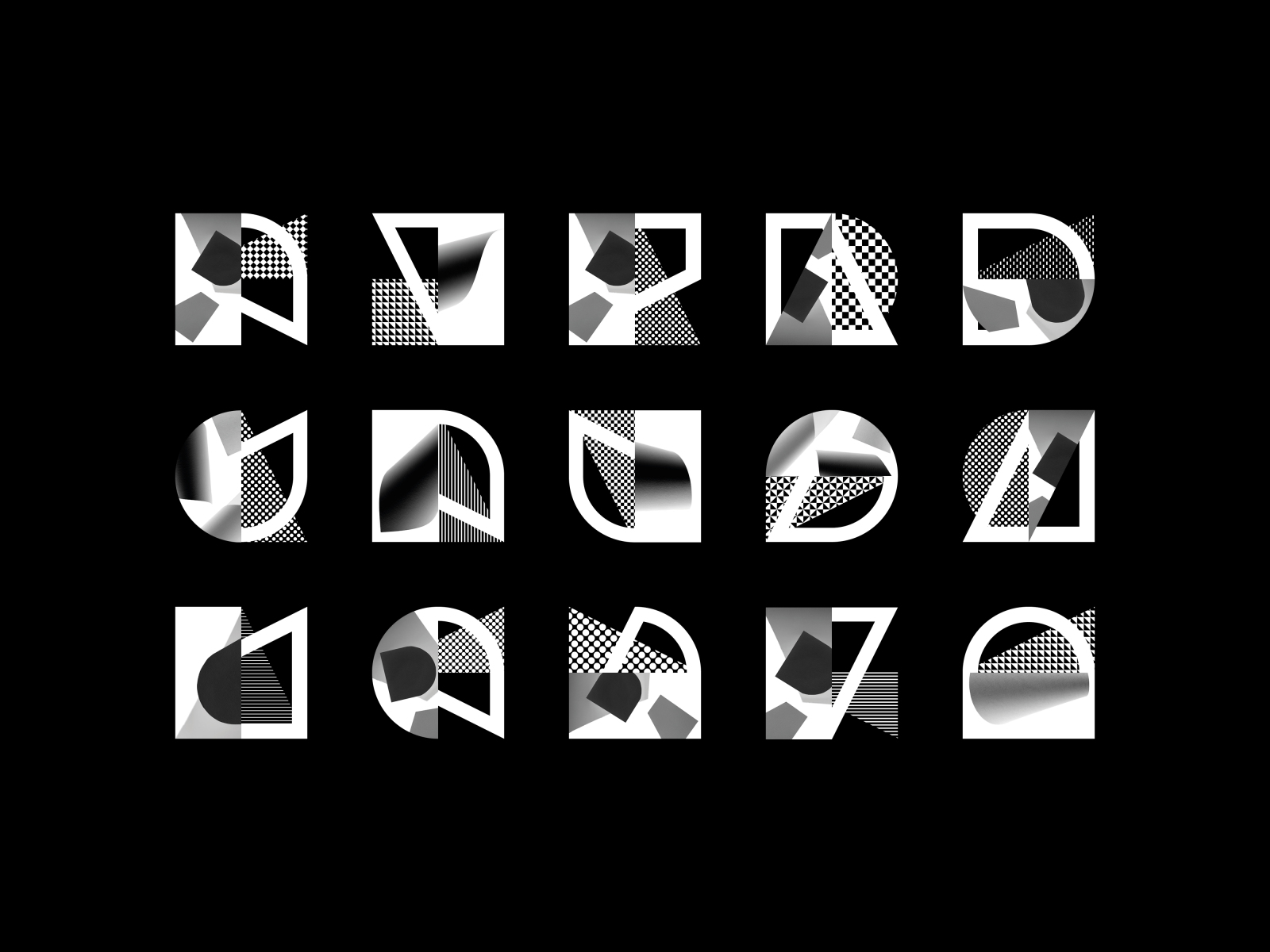
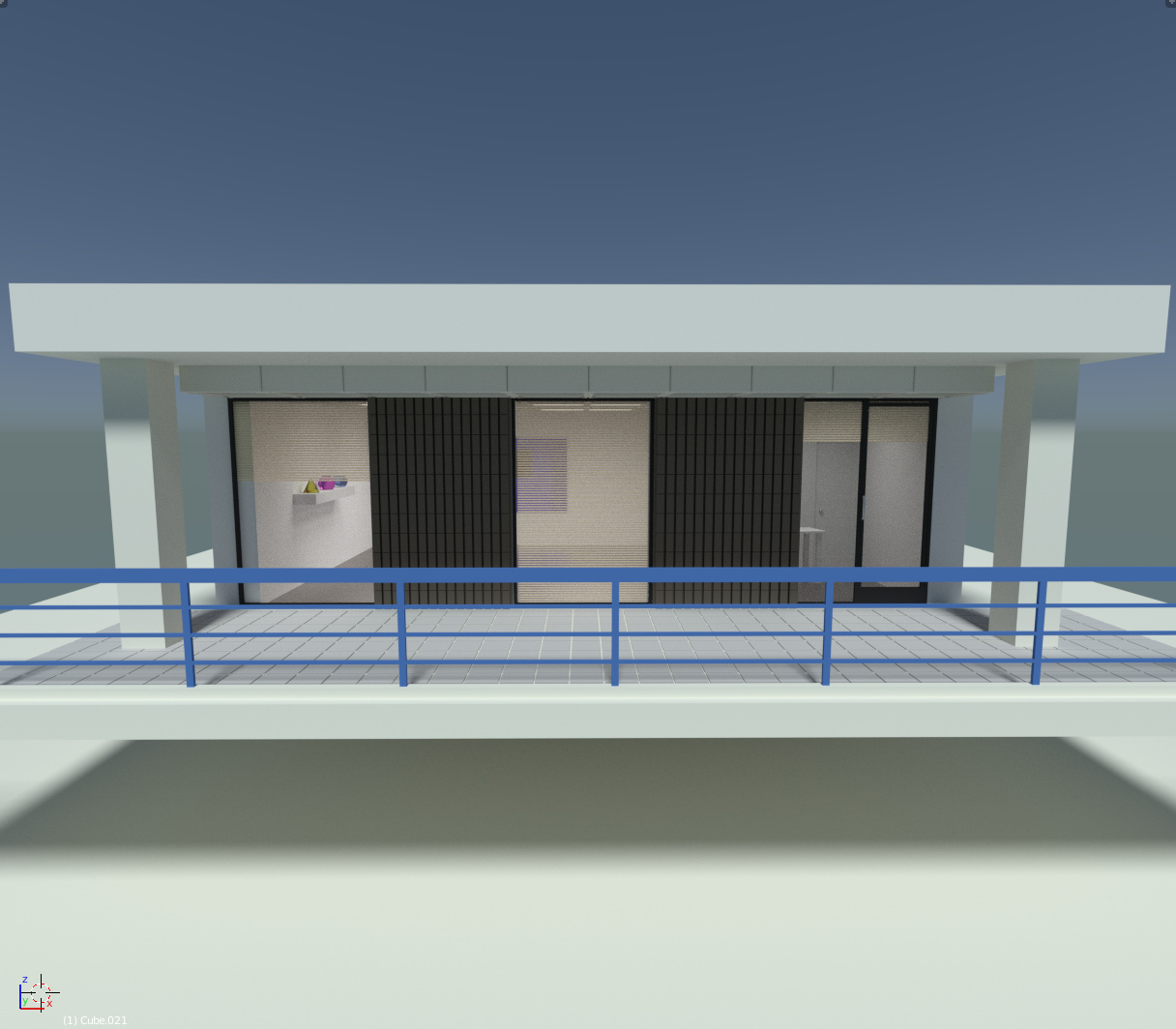
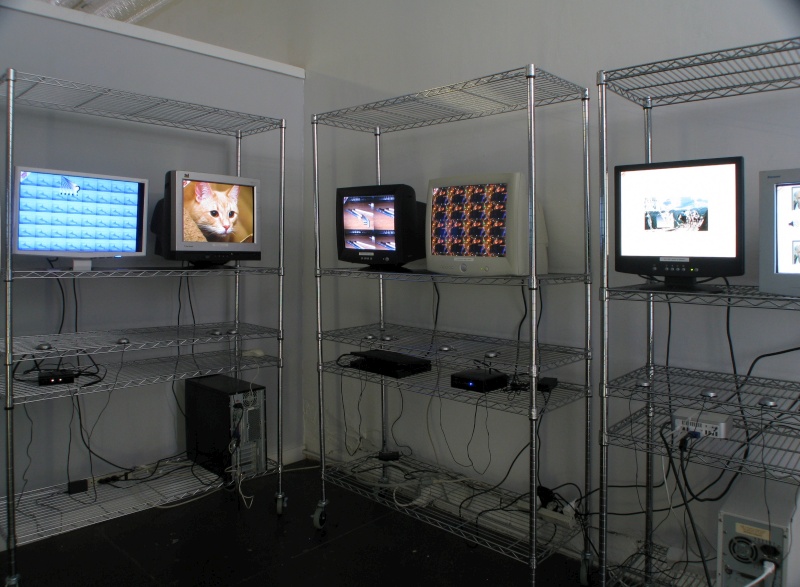
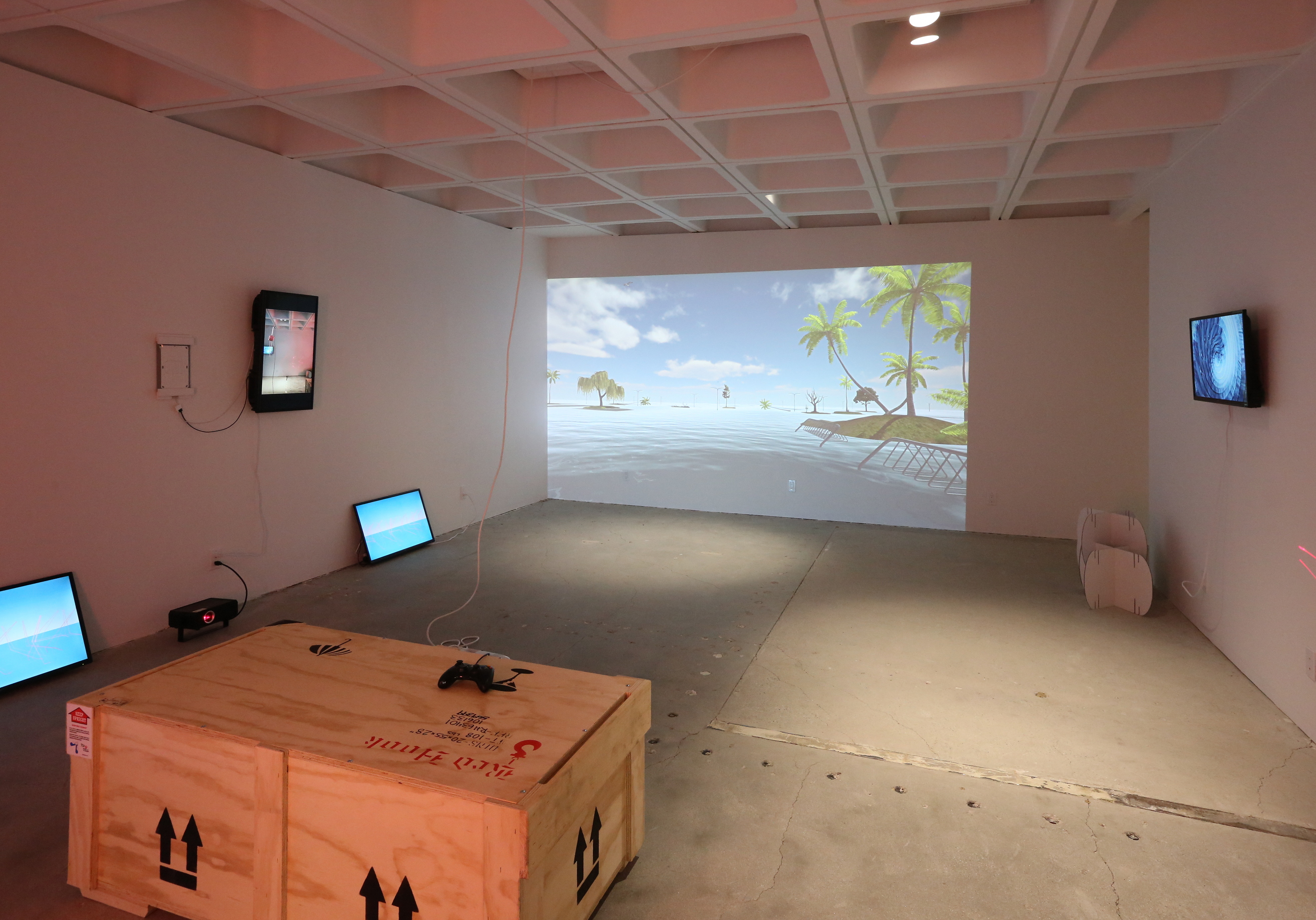
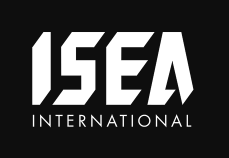
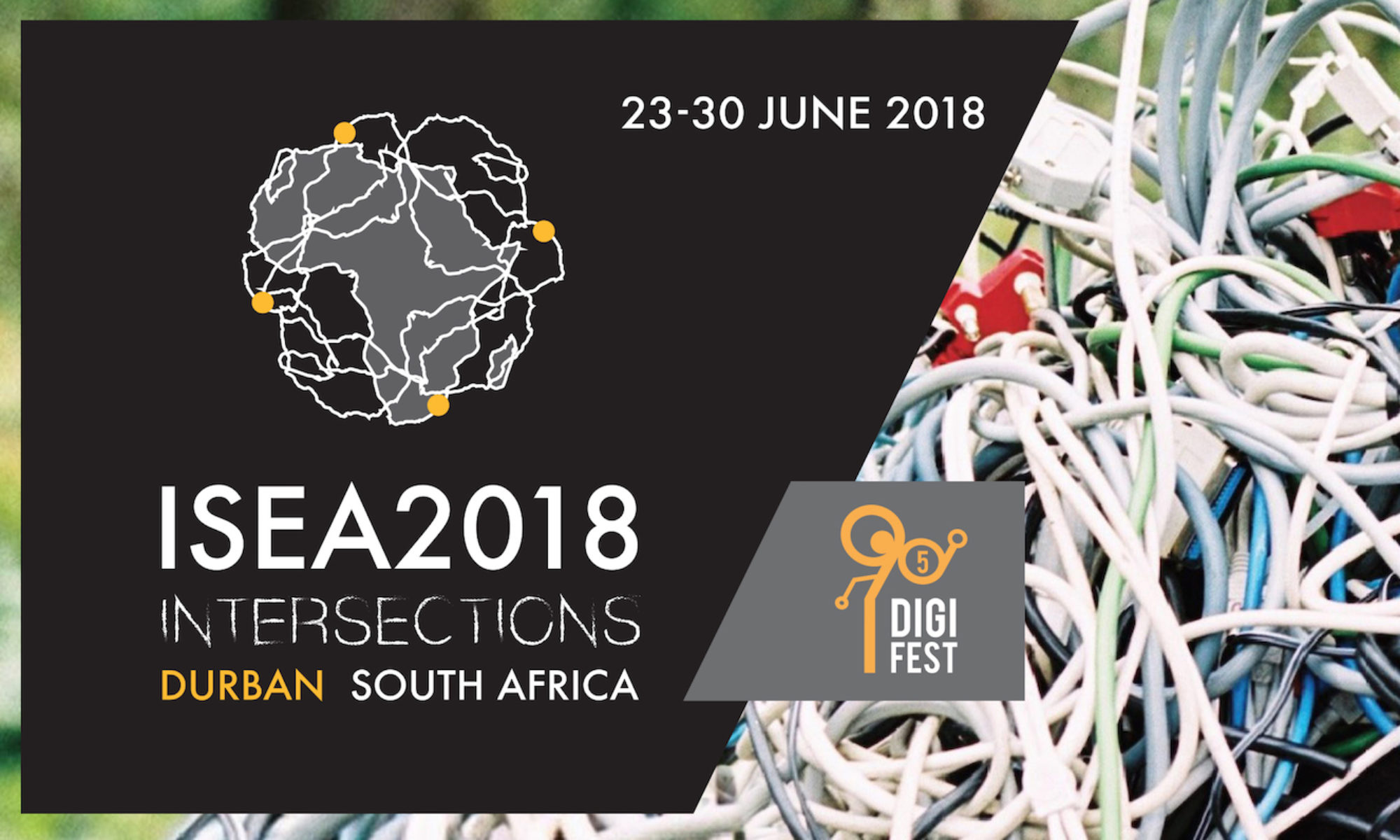

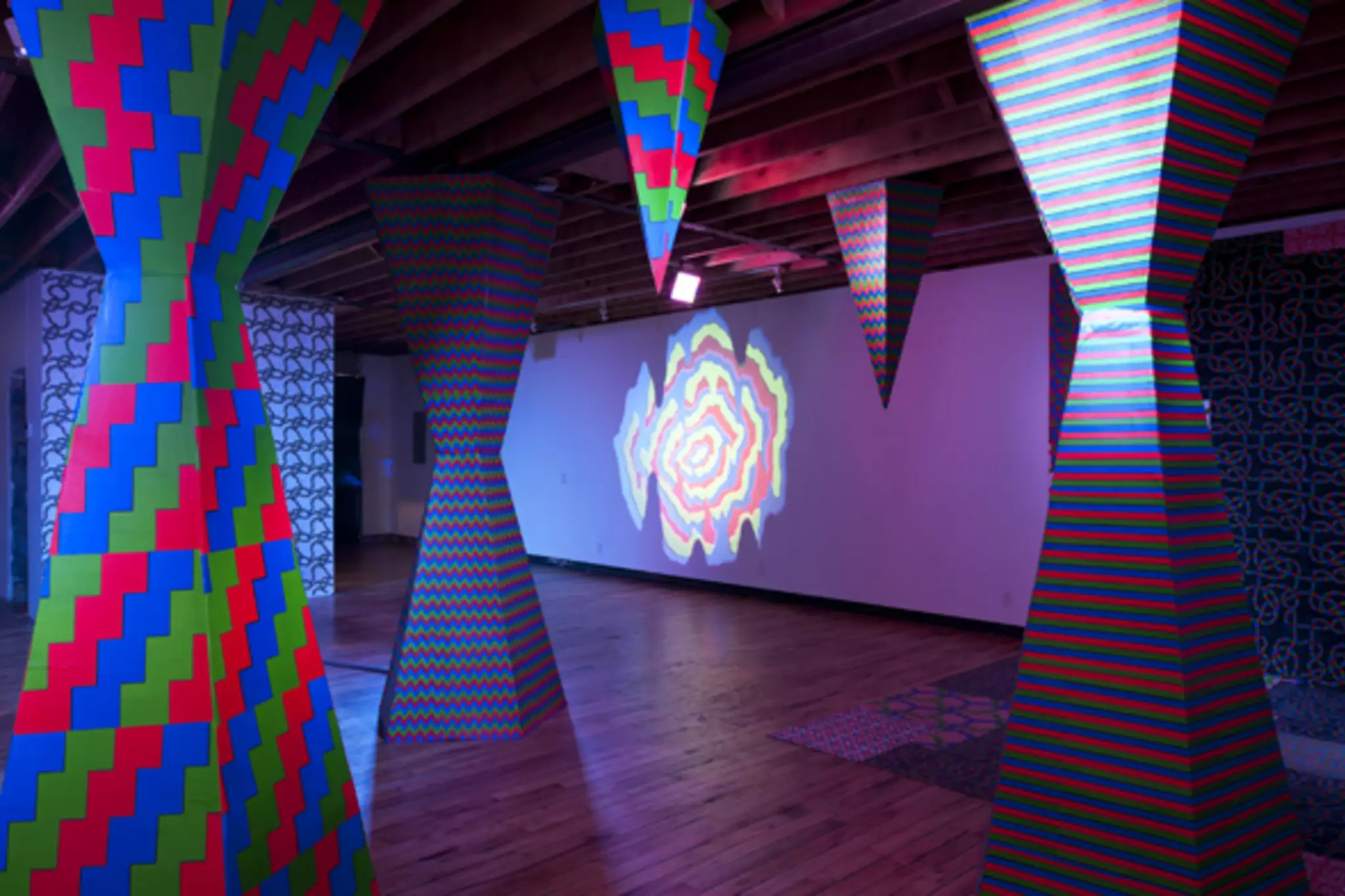
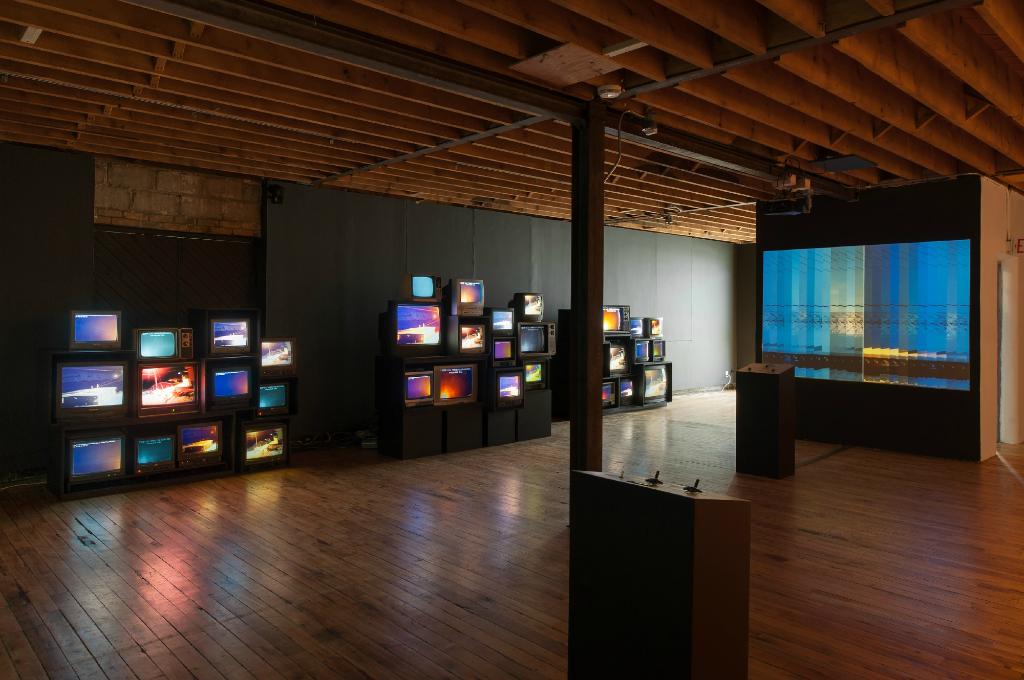
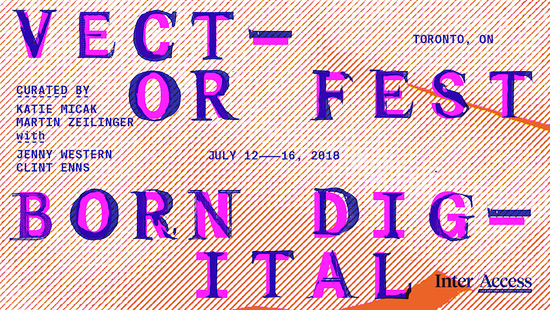
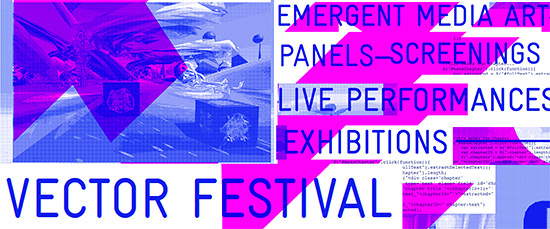
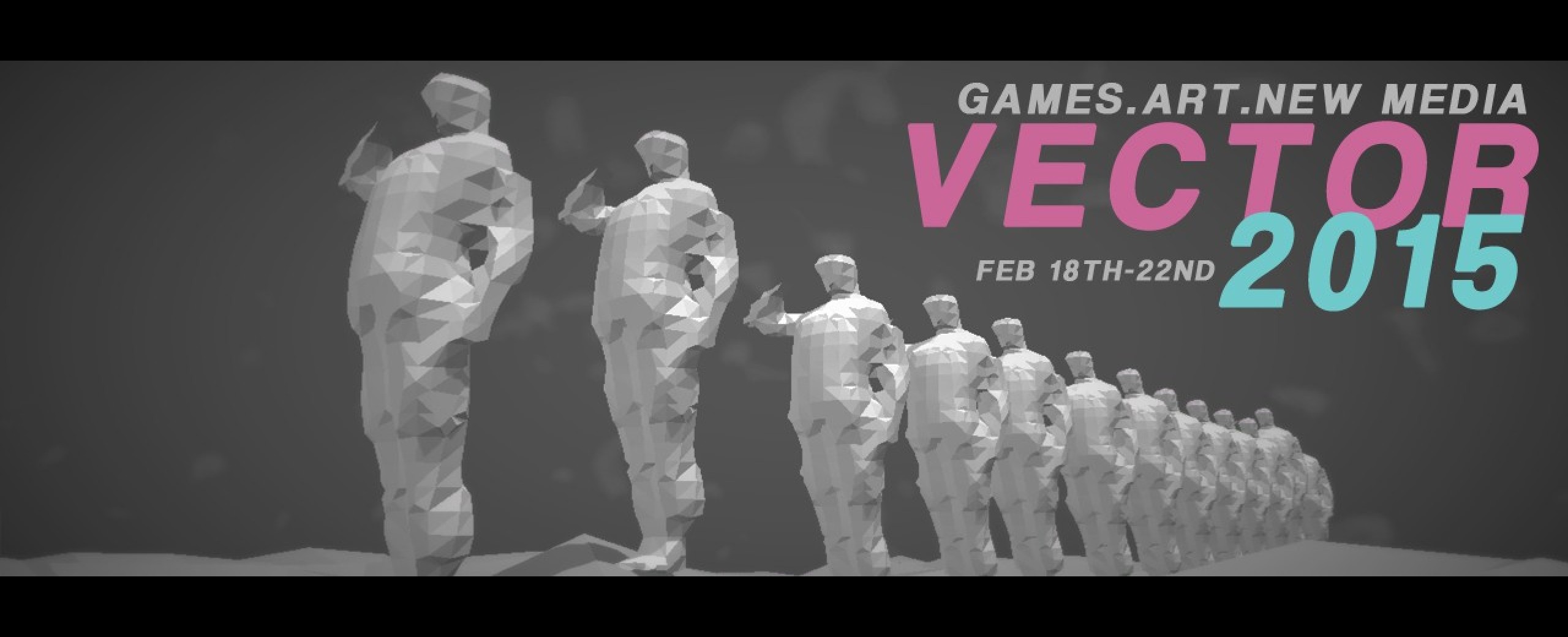

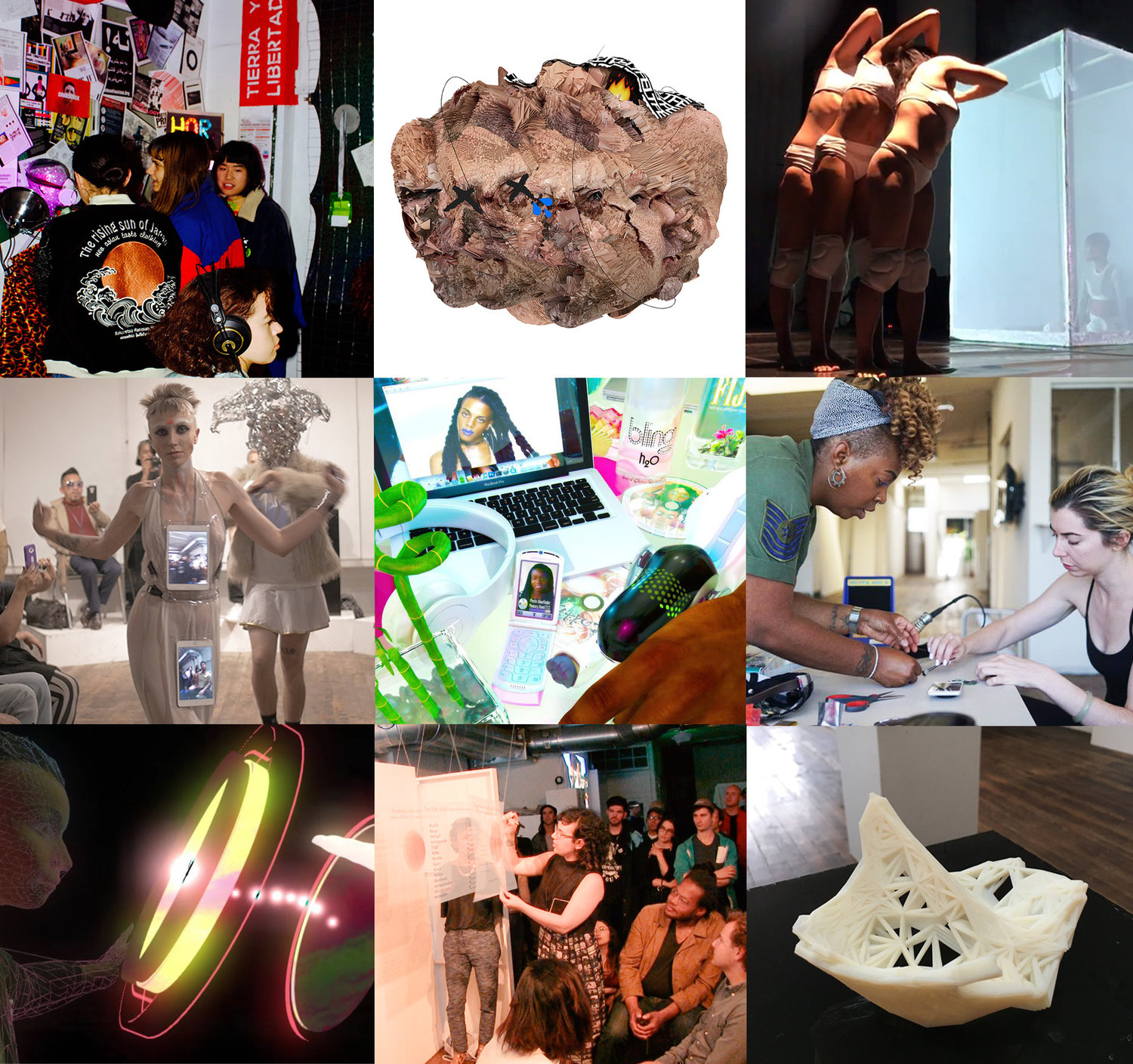

.jpg)
